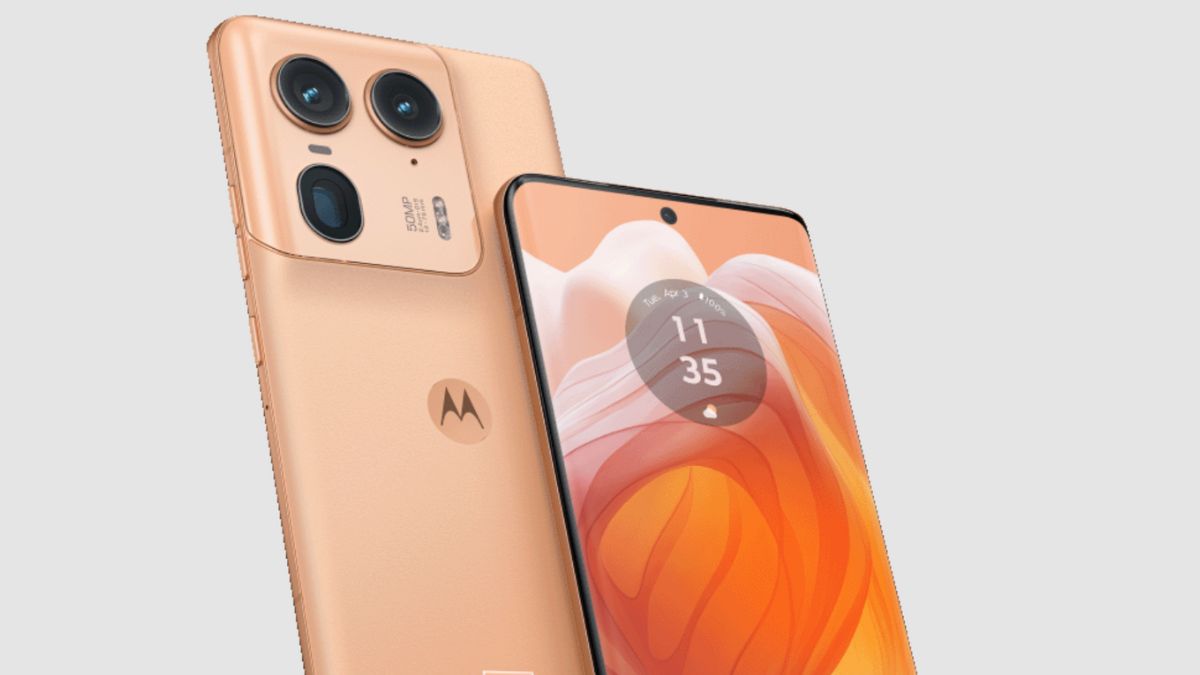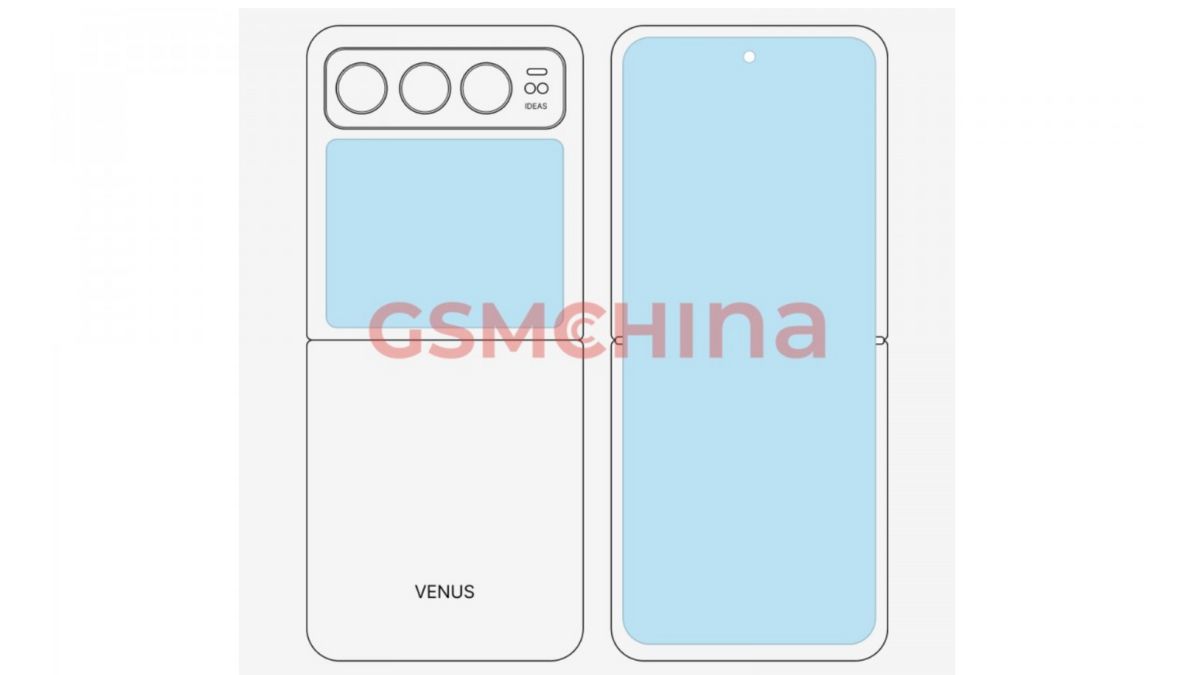Vivo S20
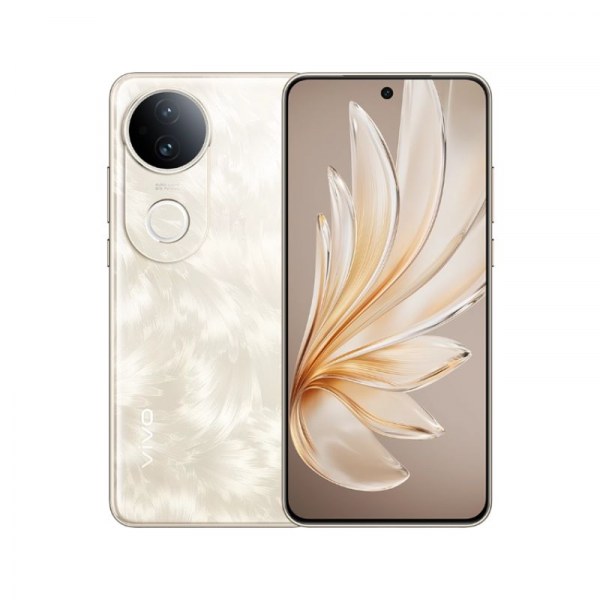




Design and Build Quality
The Vivo S20 exudes sophistication with its sleek design and premium materials. The thin bezels around the display and the centered punch-hole camera give it a modern aesthetic, while the slight curve at the edges ensures a comfortable grip. At 7.9mm thickness, the phone strikes a balance between a slim profile and housing a large battery. The weight, despite the hefty 6500 mAh Si/C battery, remains lightweight at around 184 grams.
The back of the device features a matte glass finish, which resists fingerprints and gives off a subtle shimmer under light. The dual-camera setup, housed in a rectangular module, protrudes slightly but doesn’t cause significant wobble when placed on flat surfaces. Available in a range of colors, including gray, gold and white, the Vivo S20 caters to both vibrant and understated tastes.
Performance
Powered by the Snapdragon 7 Gen 3 (4 nm) chipset, the Vivo S20 delivers an impressive performance that bridges the gap between mid-range and flagship devices. The CPU features a prime Cortex-X3 core, ensuring snappy responsiveness for demanding applications, while the Adreno 730 GPU provides a smooth gaming experience. Whether you’re multitasking, streaming high-resolution videos, or playing graphically intensive games like Genshin Impact, the S20 handles it all effortlessly.
Memory configurations of 8GB, 12GB, and 16GB RAM further enhance multitasking capabilities, while storage options of 256GB and 512GB ensure ample space for apps, photos, and media. The device also supports olderUFS 2.2 storage.
Display
The 6.67-inch AMOLED display on the Vivo S20 is a true highlight. With a resolution of 1260 x 2800 pixels, the screen offers 460 PPI density, resulting in razor-sharp visuals and vibrant colors. The 120Hz refresh rate makes every swipe and scroll feel buttery smooth, while the HDR10+ support enhances video playback with deeper blacks and richer colors.
Outdoor visibility is excellent, thanks to its peak brightness of 1300 nits, making it easy to use in direct sunlight. The in-display fingerprint sensor is fast and accurate, complementing the overall premium feel of the display.
Camera
The Vivo S20’s camera setup is designed for versatile photography. The dual rear cameras include:
- 50MP primary sensor with OIS (Optical Image Stabilization) and an f/1.8 aperture, delivering stunningly detailed shots in various lighting conditions.
- 8MP ultra-wide lens, which captures expansive landscapes and group photos with minimal distortion.
The camera app is intuitive, offering features like Night Mode, Pro Mode, and Portrait Mode. Daylight shots are crisp with accurate colors, while low-light performance benefits from Vivo’s AI processing and OIS, ensuring reduced noise and improved sharpness.
The 50MP front camera is a selfie enthusiast’s dream. It captures fine details, accurate skin tones, and natural bokeh effects. Features like AI Beautification and 4K video recording at 30fps make it perfect for vloggers and social media influencers.
Battery and Software
The Vivo S20 packs a 6500 mAh Silicon-Carbon battery, which sets it apart from many competitors in its category. The advanced battery chemistry ensures not only a longer lifespan but also superior energy density. With moderate use, the device easily lasts up to two days, and even heavy users can expect a full day of battery life.
Charging is equally impressive, thanks to the 90W fast charging support. Vivo claims the device can charge from 0% to 50% in just 20 minutes, and in real-world tests, it lives up to this promise. This makes the Vivo S20 an excellent companion for users constantly on the move.
Running on Android 15 with OriginOS 5, the Vivo S20 provides a seamless software experience. Vivo’s latest OriginOS brings a host of new features, including dynamic widgets, improved multitasking, and enhanced privacy controls. The interface is visually appealing and highly customizable, catering to both minimalists and power users.
Specifications
General
| Announced | November, 2024 |
| Released | December, 2024 |
| Status | Coming Soon |
| Model | V2429A |
| Price | 300 USD |
| Source | Vivo Official |
Design
| Height (mm) | 160.4 mm |
| Width (mm) | 74.2 mm |
| Depth (mm) | 7.2 mm |
| Weight | 186 grams |
| Protection | IP64 dust/water resistant |
| Colors | Gray, Gold, White |
Network
| 2G Network | GSM 850 / 900 / 1800 / 1900 |
| 3G Network | HSDPA 800 / 850 / 900 / 1700 / 1900 / 2100 |
| 4G Network | 1, 3, 4, 5, 7, 8, 18, 19, 26, 28, 34, 38, 39, 40, 41 |
| 5G Network | 1, 3, 5, 8, 28, 38, 40, 41, 77, 78 SA/NSA |
| SIM SIM (Subscriber Identity Module) is a small card that contains mobile network subscriber's account information. This allows the phone using the card to attach to a mobile network. The SIM card is most commonly associated with GSM and UMTS mobile networks. Moving a SIM card from one phone to another allows a subscriber to switch mobile phones without having to contact their mobile network carrier. SIM cards can also be used by a phone to store limited amounts of data, such as phone numbers and text messages. | Dual (Nano SIM) |
| Speed | HSPA, LTE, 5G |
| Web Browser Web Browser => a web browser is a software application used to locate, retrieve and display content on the World Wide Web, including Web pages, images, video and other files, The primary function of a web browser is to render HTML, the code used to design or markup webpages. | Yes, HTML5 |
Display
| Display Type Display Technology => A number of display technologies and types used in mobile phones => TFT (Thin Film Transistor), IPS (In-Place Switching), OLED (Organic Light Emitting Diode), AMOLED (Active-Matrix Organic Light-Emitting Diode), Super AMOLED (an even advanced version of AMOLED), Resistive Touchscreen (Resistive touchscreens contain two layer of conductive material with a very small gap between them which acts as a resistance), Capacitive Touchsceen (Capacitive touchscreen technology consists of a layer of glass coated with a transparent conductor) | AMOLED, 10-bit 1B colors |
| Size | 6.67 inches |
| Screen-to-body-ratio (STB) | 90.2% |
| Resolution | 1260 x 2800 pixels |
| Aspect Ratio | 20:9 |
| Refresh Rate | 120Hz |
| Pixel Density (PPI) | 460 PPI |
| Brightness | 1300 nits (HBM), 5000 nits (peak) |
| Touch Screen | Yes, Multitouch |
| Display Protection Display Protection => Gorilla Glass is a special alkali-aluminosilicate glass shield with exceptional damage resistance that helps protect mobile displays from scratches, drops, and bumps of everyday use, It is always better to go for a smartphone with Gorilla Glass for that added protection and peace of mind. | Scratch/drop-resistant glass |
| Features | Always On Display |
Media
| Audio Playback | Yes, MP3, MIDI, WAV, AMR |
| Video Playback | |
| FM Radio | |
| Alert Types | Vibration, ringtones |
| Ring Tones | 64, MP3, WAV |
| Loudspeaker | Yes (stereo speakers) |
| 3.5mm Audio Jack |
Camera
| Primary Camera is able to capture photographs and usually videos, The most important characteristics of a camera are the resolution (measured in megapixels), lens focus type (fixed or automatic), higher megapixel cameras are known to capture higher quality photos, but not always a good measurement of the photos quality. | 50 MP, f/1.9, 23mm (wide), 1/1.55", PDAF, OIS |
| Ultrawide | 8 MP, f/2.2, 106˚ (ultrawide), auto focus |
| Telephoto | No |
| Macro (depth mapping) | No |
| Video REC | 4K, 1080p, gyro-EIS |
| Camera Features | Ring-LED flash, panorama, HDR, geo tagging |
| LED Flash Flash Light => There is commonly two types of flash lights are used in camera mobile phones, LED Flash (LED flash offers lower power consumption with drive circuitry that takes up very little room, LEDs can be strobed faster than any other light source), Xenon Flash (xenon flash produces an extremely intense full-spectrum white light for a very short duration) | |
| Front Camera | 50 MP, f/2.0, 22mm (wide), auto focus, 4K, 1080p |
| Total Cameras | 3 |
Software
| Operating System OS => Every computer system run on a base software called Operating System (OS). Operating System controls all basic operations of the computer (such as smartphone, PDAs, tablet computers and other handheld devices). The Operating System allows the user to install and run third party applications (apps), apps are used to add new functionality to the device. | Android 15 |
| User Interface UI or user interface of a device is the look and feel of the on-screen menu system. How it works, its color scheme, how it responds to button presses, all of these things are part of the user interface. | OriginOS 5 |
| Java Support Java for Mobile Devices is a set of technologies that let developers deliver applications and services to all types of mobile handsets, ranging from price efficient feature-phones to the latest smartphones. Java is currently running on over 3 billion phones worldwide, and growing. It offers unrivaled potential for the distribution and monetization of mobile applications. | Yes, via Java MIDP emulator |
| Facebook Facebook is a popular free social networking website that allows registered users to create profiles, upload photos and video, send messages and keep in touch with friends, family and colleagues. The site is available in 37 different languages. | |
| Youtube Youtube is a popular free video-sharing website, Youtube is the largest video sharing site in the world, Millions of users around the world have created accounts on the site that allow them to upload videos that anyone can watch. |
Hardware
| Chipset Chipset is a group of integrated circuits designed to perform one or a more dedicated functions, often with real time computing constraints, Popular smartphones are equipped with more advanced embedded chipsets that can do many different tasks depending on their programming. | Qualcomm Snapdragon 7 Gen 3 (4 nm) |
| CPU CPU (Central Processing Unit) mostly known as processors, CPU processes instructions in order to carry out certain functions that make your device operate properly. Processors are often described as the brain of computers, smartphones and tablets, Smartphones and tablets rely on processors to carry out their every task, Processors are an incredibly important factor in selecting any type of computing device, including your smartphone. | Octa-core 1x Cortex-A715 @2.63 GHz 3x Cortex-A715 @2.4 GHz 4x Cortex-A510 @1.8 GHz |
| GPU GPU (Graphics Processing Unit) is a single-chip processor designed to rapidly manipulate and alter memory to accelerate the creation of images in a frame buffer intended for output to a display, This includes things such as lighting effects, object transformations, and 3D motion. | Adreno 720 |
| RAM (Memory) RAM (Random Access Memory) is a type of computer memory that can be accessed randomly, any byte of memory can be accessed without touching the preceding bytes that allows information to be stored and accessed quickly from random locations. RAM is the most common type of memory found in computer systems, smartphones, tablets and other electronic devices. | 8 GB, 12 GB, 16 GB |
| Internal Storage Internal Storage is a data storage space (flash memory) mostly used in smartphones, tablets and other electronic devices where operating system, apps, music, photos, videos, files and other user data Is stored. | 8GB RAM + 256GB Storage, 12GB RAM + 256GB Storage, 12GB RAM + 512GB Storage, 16GB RAM + 512GB storage |
| Storage Type | UFS 2.2 |
| Card Slot Memory Card Slot is a special slot for inserting a memory card. Memory cards allow you to expand the phone's built-in memory, A memory card (sometimes called a flash memory card or a storage card) is a small storage medium used to store data such as text, pictures, audio, and video, for use on small, portable or remote computing devices such as mobile phones, mp3 players, digital cameras. | |
| Sensors Sensors are electronic components that detects and responds to some type of input from the physical environment. The specific input could be light, heat, motion, moisture, pressure and location, The output is generally a signal that is converted to use in computing systems, a location sensor, such as a GPS receiver is able to detect current location of your electronic device. | Fingerprint (under display, optical), accelerometer, gyro, proximity, compass |
Connectivity
| Bluetooth Bluetooth is a wireless communications technology for exchanging data between mobile phones, headsets, computers and other network devices over short distances without wires, Bluetooth technology was primarily designed to support simple wireless networking of personal consumer devices. | 5.4, A2DP, LE, aptX HD, aptX Adaptive, aptX Lossless, LHDC 5 |
| Infrared Infrared connectivity is an old wireless technology used to connect two electronic devices. It uses a beam of infrared light to transmit information and so requires direct line of sight and operates only at close range. | |
| Wi-fi Wi-Fi is a popular wireless networking technology using radio waves to provide high-speed network connections that allows devices to communicate without cords or cables, Wi-Fi is increasingly becoming the preferred mode of internet connectivity all over the world. | Wi-Fi 802.11 a/b/g/n/ac/6, dual-band, Wi-Fi Direct |
| Wi-fi Hotspot | |
| USB | USB Type-C 2.0, OTG |
| GPS GPS The Global Positioning System is a satellite-based radio navigation system, GPS permits users to determine their position, velocity and the time 24 hours a day, in all weather, anywhere in the world, In order to locate your position, your device or GPS receiver must have a clear view of the sky. | GPS, GALILEO, GLONASS, QZSS, BDS (B1I+B1c) |
| NFC NFC (Near field communication) is a set of standards for smartphones and similar devices to establish peer-to-peer radio communications with each other by touching them together or bringing them into proximity, usually no more than a few inches. |
Messaging
| SMS SMS (Short Messaging Service) is a text messaging service component of phone, Web, or mobile communication systems. It uses standardized communications protocols to allow mobile phone devices to exchange short text messages over the networks. | Yes (threaded view) |
| MMS MMS (Multimedia Messaging Service) is a standard way to send messages that include multimedia content (audio clips, video clips and images) to and from mobile phones over wireless networks using the WAP protocol. | |
| Email Email (Electronic Mail) is a system for receiving, sending, and storing electronic messages, Similar to a letter, email is text messages that may contain files, images, or other attachments sent via the internet to a recipient by using applications and software prograps. An email address is required to receive email, and that address is unique to the user. | Yes |
| IM IM (Instant Messaging) is an exchange of text messages through a software application, it enable you to create a kind of private chat room with another individual in order to communicate in real time over the Internet. | Yes |
Battery
| Battery Type Battery Type => Cell phones run on various kinds of batteries depending on the manufacturer, phone size or shape and features. There are basically four types of cell phone batteries => Lithium Polymer, Lithium Ion, Nickel Metal Hydride and Nickel Cadmium. | Si/C (Silicon Carbon) |
| Capacity Battery Capacity is a measure (typically in Amp-hr) of the charge stored by the battery, and is determined by the mass of active material contained in the battery. The battery capacity represents the maximum amount of energy that can be extracted from the battery under certain conditions. | 6500 mAh |
| Placement | Non-removable |
| Wired Charging | 90W PD |
Benchmarks
Reviews
Disclaimer Note
We always try our best to keep our website content and information updated and correct, the material and information contained on our website is for general information purposes only.

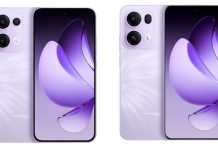

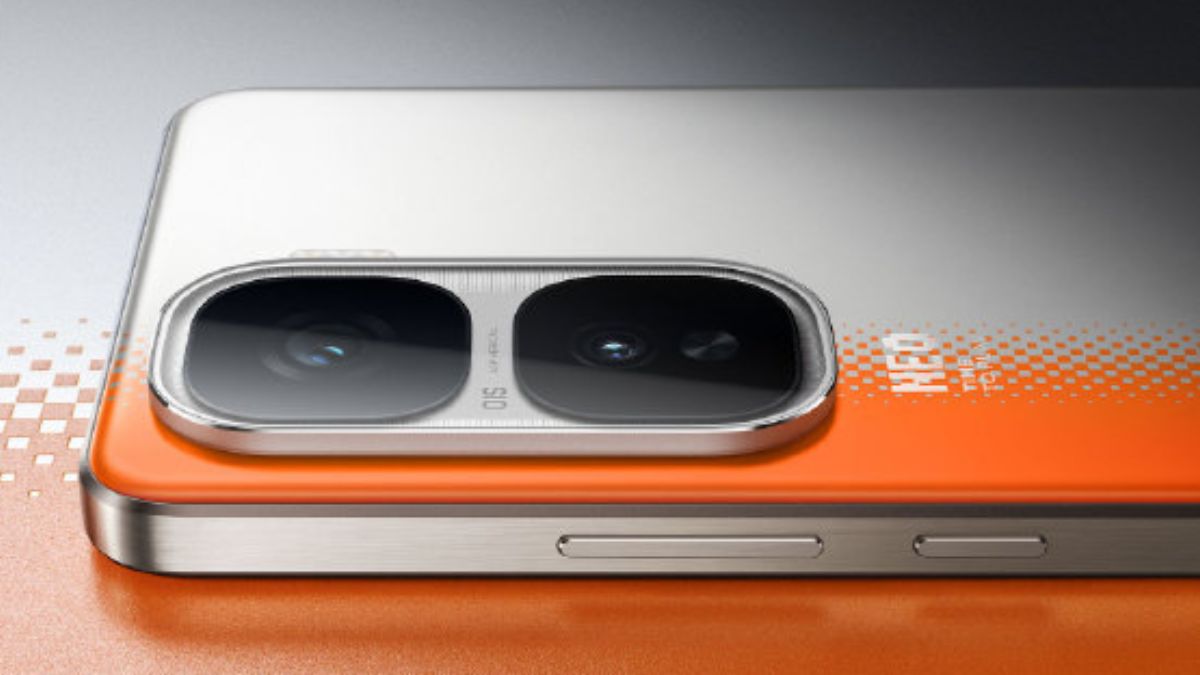
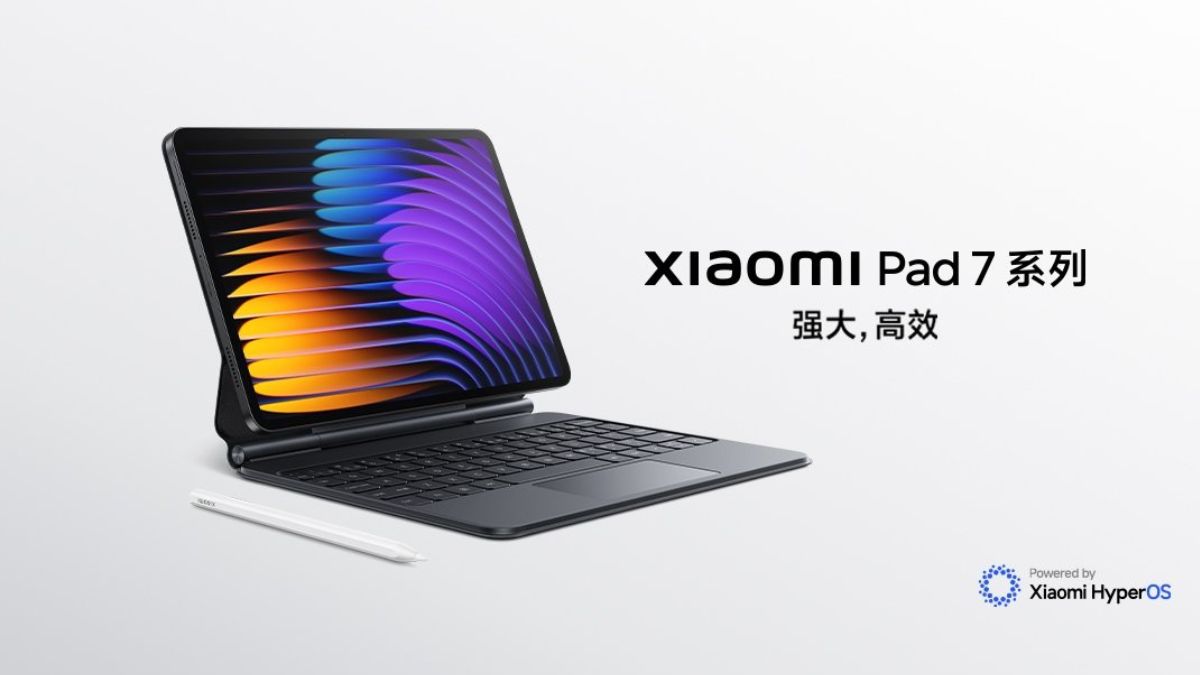
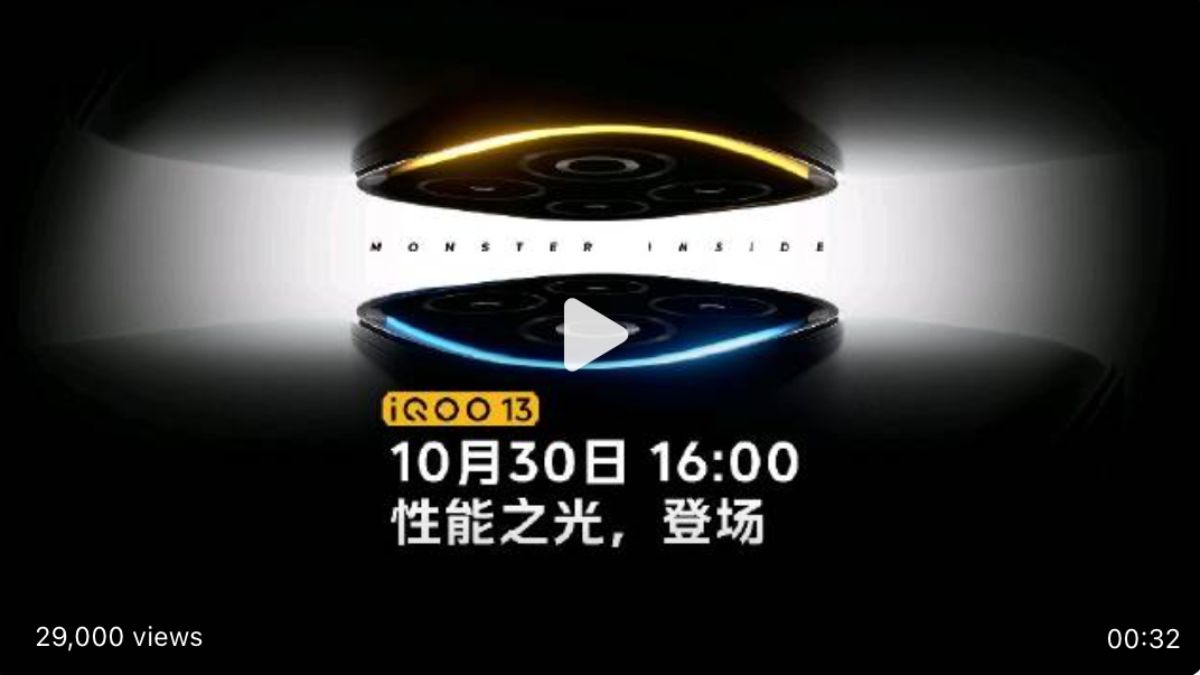
![Best IPTV Players for Windows 11 [2024] best-iptv-players-2024](https://www.geeksdigit.com/wp-content/uploads/2024/10/best-iptv-players-2024-218x150.jpg)
![15 Best Call Recording Apps for iPhone [Free & Paid] BEST CALL RECORDING APPS FOR IPHONES](https://www.geeksdigit.com/wp-content/uploads/2024/11/BEST-CALL-RECORDING-APPS-FOR-IPHONES.jpg)


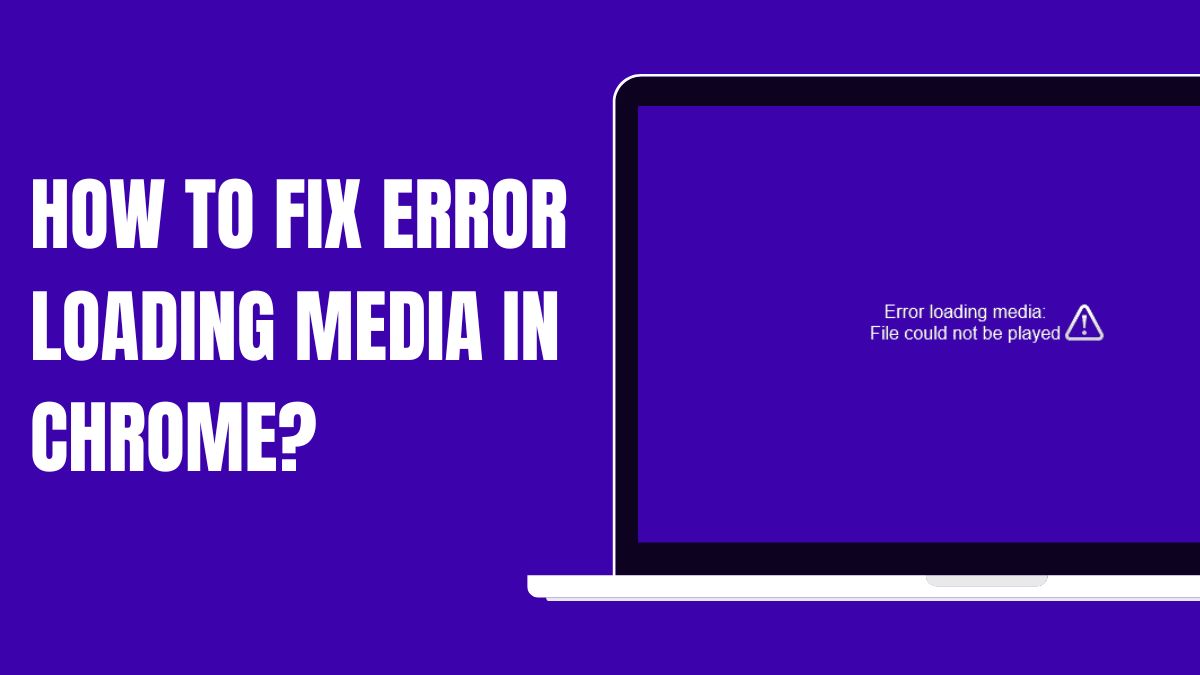
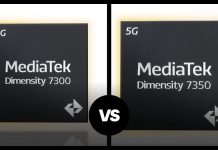
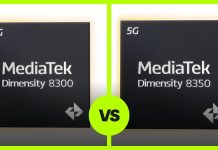



![How to take screenshots on a Mac? [One Click Method] take-screenshot-on-macbook](https://www.geeksdigit.com/wp-content/uploads/2024/08/take-screenshot-on-macbook.webp)
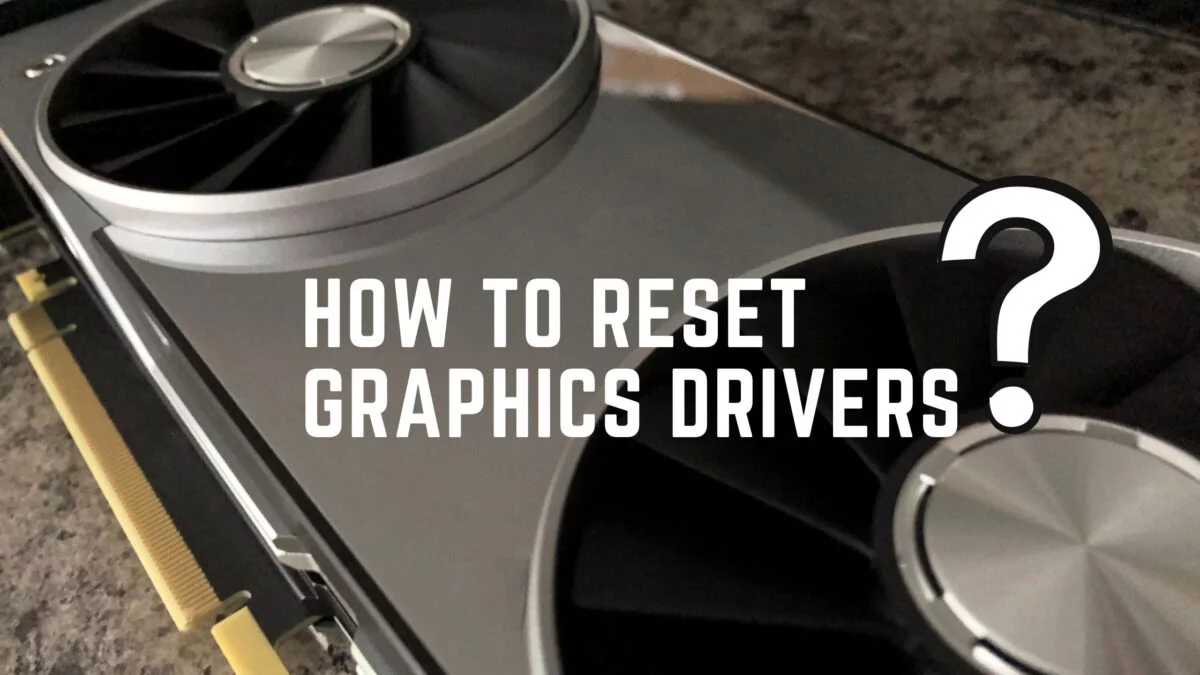

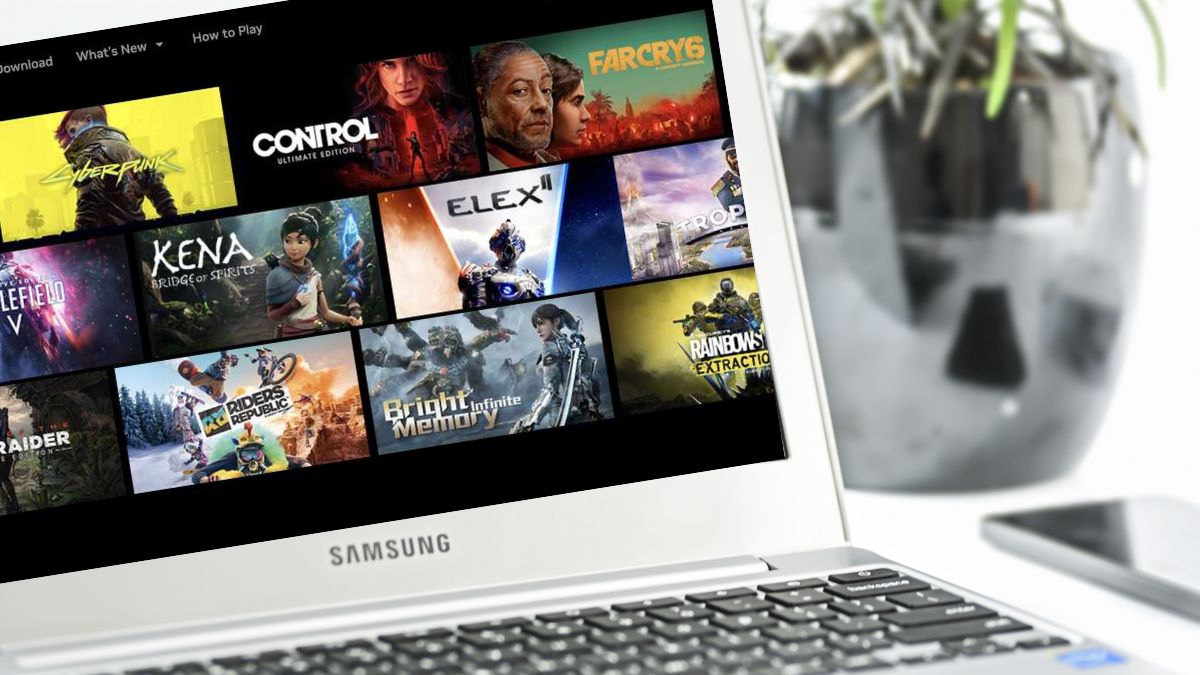
![Fix RCM Loader Not Connecting To PC [2024 Updated] how-to-fix-rcm-loader-not-connecting-pc](https://www.geeksdigit.com/wp-content/uploads/2024/09/how-to-fix-rcm-loader-not-connecting-pc.jpg)




![How To Fix Youtube Vanced Error 400? [2024] HOW-TO-FIX-Youtube-Vanced-ERROR-400.](https://www.geeksdigit.com/wp-content/uploads/2024/08/HOW-TO-FIX-Youtube-Vanced-ERROR-400.jpg)
